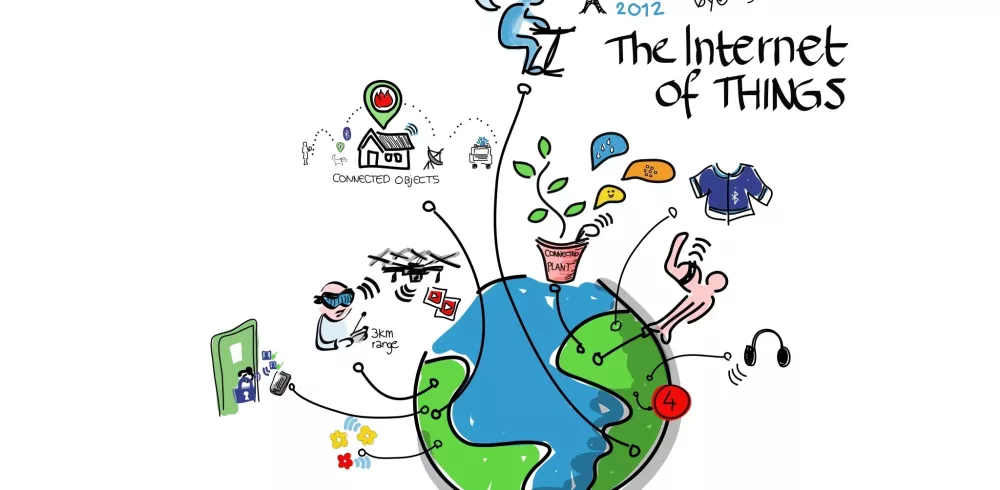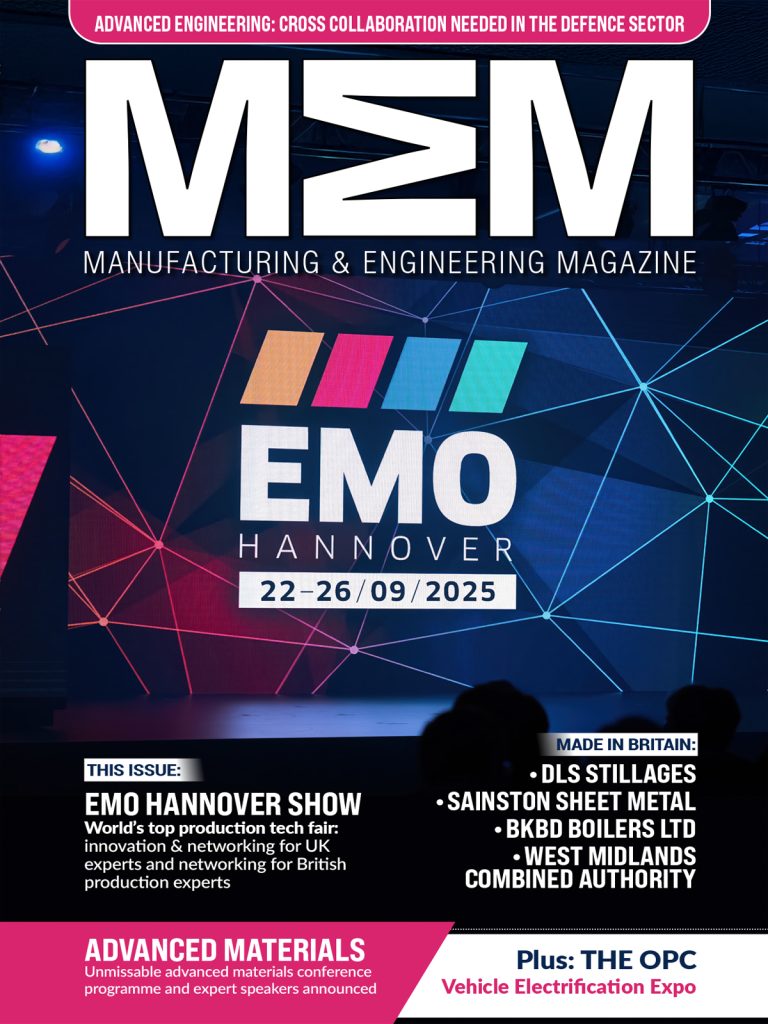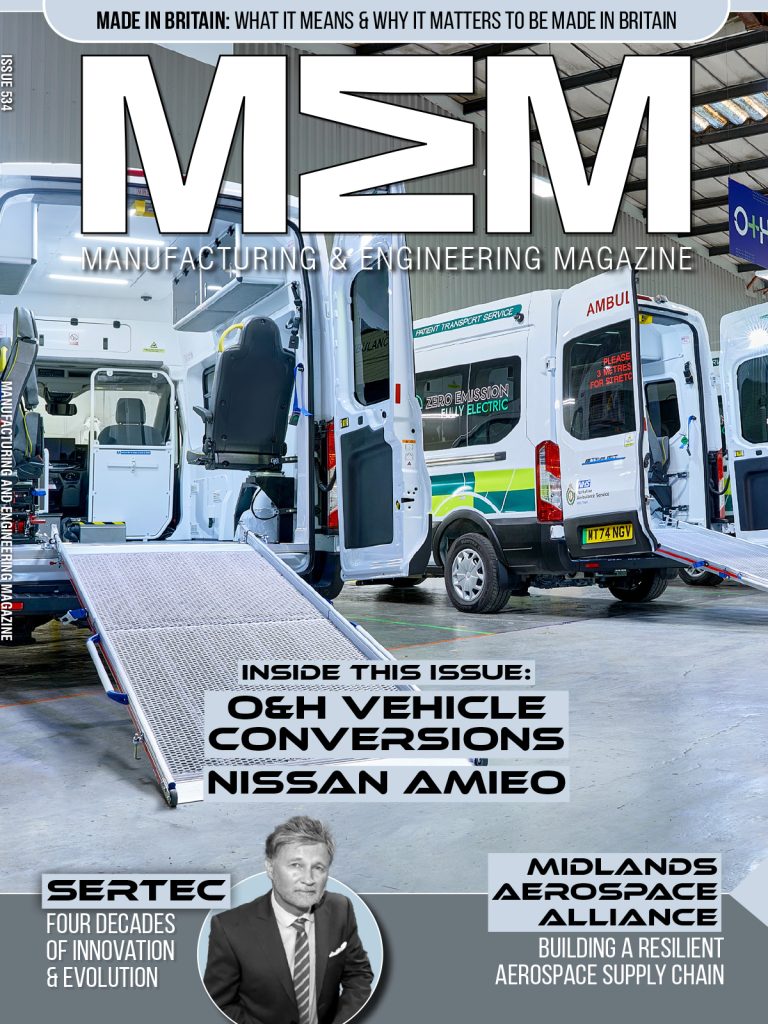IoT Success Stories : The world has become far more connected and information, entertainment, food and drink, banking, retail, travel and accommodation, all and more are now available at the click of a button, anyplace, anytime. Here are three real-world case studies of businesses leveraging smart, connected devices and advanced analytics to create competitive advantage, happier customers and new sources of revenue.
SciSports, the Dutch analytics startup, takes real-time data and applies machine learning, deep learning and artificial intelligence to capture and analyse this information. Instead of generating data only on players who have the ball, BallJames, a real-time tracking camera system, automatically generates 3D data from video, with 14 cameras placed around the stadium recording every movement on the field. BallJames then generates data such as the precision, direction and speed of passing, sprinting strength and jumping height.
“This forms a complete picture of the game,” explained SciSports founder and CEO, Giels Brouwer. It allows fans to experience the game from any angle by using virtual reality, as well as helping coaches on the bench better identify when a player is getting tired.
When it comes to transportation, nothing frustrates passengers more than delays – especially unexpected ones. By leveraging analytics and the Internet of Things (IoT), state-owned Finnish railway operator, VR Group, has successfully moved from a traditional maintenance approach that focused on replacing parts as needed to a predictive regime.
VR Group developed a predictive maintenance program that focuses on continuously monitoring the condition of parts. In this program, mathematical models predict when parts are likely to fail so that they can be replaced before they cause unplanned downtime.
Analysing IoT data in the healthcare industry can result in increased uptime for cancer treatment machines, which means that more patients are treated when they are scheduled. If a treatment is missed, it can be up to 40% less effective, so reducing potential service interruptions is critical.
Elekta is a Swedish medical device manufacturer that provides equipment and clinical management to help treat people with cancer and brain disorders. Over the past decade, Elekta has been reportedly using IoT to help differentiate its service business and optimise its field service. By monitoring hundreds of sensors, identifying issues early and proactively correcting them, service personnel arrive on site armed with both the necessary information and parts needed.
Manufacturing & Engineering Magazine | The Home of Manufacturing Industry News














